
Migraine headaches can be debilitating for sufferers of all ages. Children and adults can have migraine headaches, and often the symptoms seem like that of the flu. Fortunately, migraines don’t last as long as the flu, but the symptoms can return again and again.
Interestingly, migraines often run in families. So, when children of migraineurs begin having symptoms, their parents often recognize the problem. The symptoms are easy to recognize: sensitivity to light, touch, and sound, as well as aches and pains. Fortunately, there are ways to treat headaches. For example, a chiropractor can help get rid of your migraine.
Chiropractors use adjustments to treat migraines, and they also use nutrition therapy which is a way to support the biochemistry of the body. Research shows that nutritional therapy works for several chronic conditions including headaches. Nutritional therapy can be adjusted to individual patient needs to fit their biochemistry and sensitivities.
Keep a Food Journal
One way to determine what your food sensitivities are is to keep a food journal. There are several foods that have been known to trigger migraines. When you track your eating habits, it doesn’t take long before you recognize what foods trigger your headaches.
Pay close attention to foods with monosodium glutamate (MSG) along with red wine, caffeinated beverages, and soft cheeses. Some people also notice that chocolate seems to trigger their migraines, too. Artificial sweeteners like aspartame are another ingredient that can trigger migraines.
Foods that have been processed can also cause headaches. The National Headache Foundation recommends avoiding foods that have been processed, pickled, fermented, and dried, like lunch meats, sauerkraut, and raisins.
Notice if you get a headache after eating or drinking these foods. Pay attention to how much you consume and when the headaches happen. You might also notice other digestive issues while keeping a food diary. Try to avoid eating these all at the same time, or you will not know which ones trigger your headaches. If you find that one creates a problem, remove it from your diet and watch what happens with the other foods.
Researchers do not yet fully understand why all of these foods trigger headaches. Some theories involve sulfites in red wine and fruits are at the root of the problem. But, not all of these foods have sulfites.
Blood Sugar Migraines

Migraines appear to have a connection to blood sugar and balanced biochemistry. When you eat or drink too much sugar, you can have migraines. People with Type-2 diabetes often experience migraines after their blood sugar drops. If you don’t have diabetes, you can still experience migraine headaches after consuming too much sugar, then experiencing your own drop.
If you want to avoid blood-sugar migraine headaches, then eat meals with limited amounts of sugar and carbohydrates. Instead, focus on foods that contain protein and healthy fats. You can have issues with blood-sugar headaches if you rely on sugary foods and caffeinated beverages to get through the day, you might start to experience headaches at a chronic level.
Again, if you track your foods and beverages, you will quickly see if sugary foods and drinks create your headaches.
The Immune Response
If you think food is at the root of your migraines, you could have food sensitivities or food allergies. For people with diagnosable food sensitivities, you might have inflammation caused by foods, and the problem takes place over the course of a few days. Usually, inflammation drops after the third day after eating a food that bothers your biochemistry.
Many times, people who have migraines due to their nutritional habits find that they have several foods that trigger their migraines. Researchers found that when they remove the foods, the headaches stop. Keeping a detailed food diary can help you recognize what your trigger foods are. This knowledge allows you to take charge of your health care and hopefully rid your life of debilitating headaches.
You can also learn about food sensitivities and allergies by taking blood tests or having allergy skin tests. Blood tests reveal what food proteins your body reacts to, and allergy tests show what foods affect your skin. Often, the common trigger foods are peanuts, milk, eggs, soy, and wheat.
Investigate Helpful Supplements
Researchers have also found that some supplements help reduce the frequency of migraines. Those supplements include magnesium and riboflavin combined with coQ10. The same study found the NSAIDS, like ibuprofen, also helps fight migraine headaches. But, if you are looking for a natural way to reduce the severity and frequency of migraine, you will want to avoid over-the-counter medication.
The three-part supplement helps the body function more effectively at the cellular level. Riboflavin, magnesium, and coQ10 help fight oxidation of the cells and dysfunction of mitochondria in the cells. This helps prevent migraines from starting, as the study theorizes that migraines originate at the cellular level. When your biochemistry is in balance, you are healthy.
Eat Real, Whole Foods

When your diet consists of foods that are whole and real, you help your biochemistry. Nutritional therapists and chiropractors can help you build a diet that helps you avoid reactions to troublesome foods.
What you eat affects your entire health. So, if you choose to address your headaches with nutritional therapy, it won’t take long before you start to see a difference in your holistic health, not just in the severity and frequency of migraines.
Sources
- Alpay, K., Ertaş, M., Orhan, E. K., Üstay, D. K., Lieners, C., & Baykan, B. (2010). Diet restriction in migraine, based on IgG against foods: A clinical double-blind, randomised, cross-over trial. Cephalalgia, 30(7), 829-837. doi:10.1177/0333102410361404
- Bunner, A. E., Agarwal, U., Gonzales, J. F., Valente, F., & Barnard, N. D. (2014). Nutrition intervention for migraine: A randomized crossover trial. The Journal of Headache and Pain, 15(1). doi:10.1186/1129-2377-15-69
- Cooan, H. (2020, October 19). Digestive Dysfunction: The Long-Term Impact. Retrieved October 22, 2020, from https://heathercooan.com/digestive-dysfunction/
- Diet and Headache - Foods. (2020, June 12). Retrieved October 22, 2020, from https://headaches.org/2007/10/25/diet-and-headache-foods/
- Haghighi, F. S., Rahmanian, M., Namiranian, N., Arzaghi, S. M., Dehghan, F., Chavoshzade, F., & Sepehri, F. (2015). Migraine and type 2 diabetes; is there any association? Journal of Diabetes & Metabolic Disorders, 15(1). doi:10.1186/s40200-016-0241-y
- Holland, S., Silberstein, S., Freitag, F., Dodick, D., Argoff, C., & Ashman, E. (2012). Evidence-based guideline update: NSAIDs and other complementary treatments for episodic migraine prevention in adults: [RETIRED]. Neurology, 78(17), 1346-1353. doi:10.1212/wnl.0b013e3182535d0c
- Obayashi, Y., & Nagamura, Y. (2016). Does monosodium glutamate really cause headache? : A systematic review of human studies. The Journal of Headache and Pain, 17(1). doi:10.1186/s10194-016-0639-4
- Olsen, N. (2020, August 31). 10 Foods That Trigger Migraine. Retrieved October 21, 2020, from https://www.healthline.com/health/foods-that-trigger-migraines
- Weatherall, M. W. (2015). The diagnosis and treatment of chronic migraine. Therapeutic Advances in Chronic Disease, 6(3), 115-123. doi:10.1177/2040622315579627Add relevant images in the article


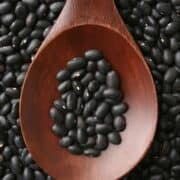
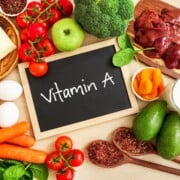
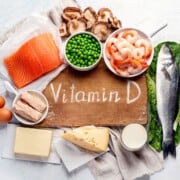

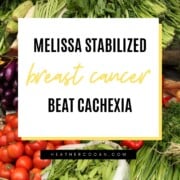
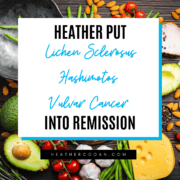

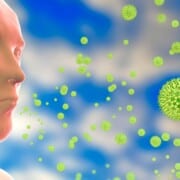




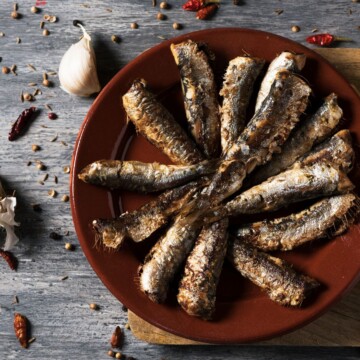


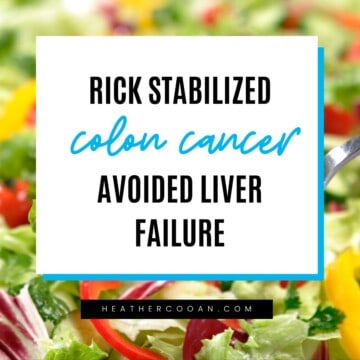

Comments
No Comments